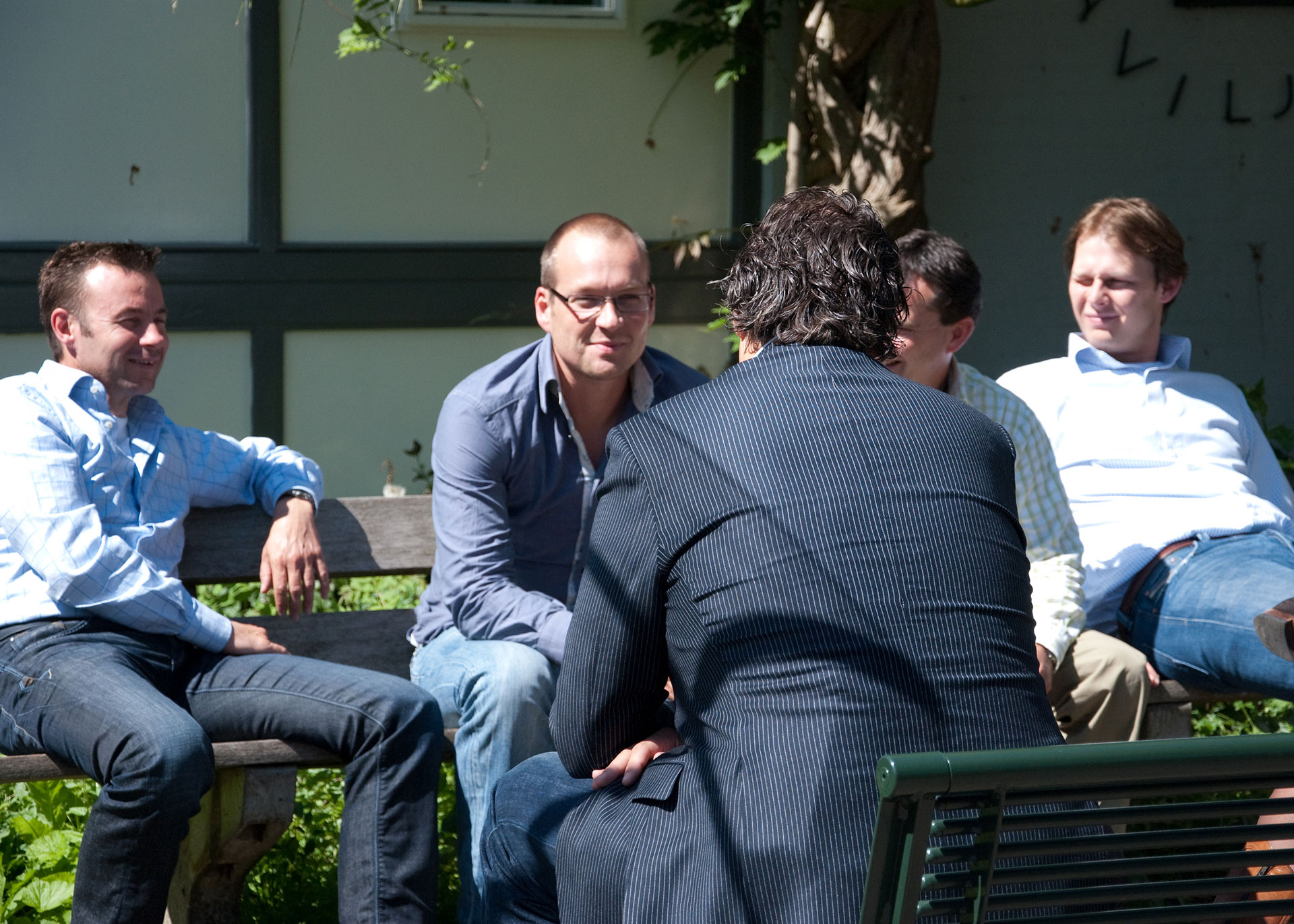To occupy a strategic position as a city council member, it is crucial to build on previously developed knowledge and competencies. Time is the most limiting factor here, according to René Stigt's research, who will receive his PhD on January 12. Council members therefore benefit most from work-based learning.
Stigt works as a manager of financial planning and control and taxes at the Municipality of Noordoostpolder and also followed a part-time PhD program at Nyenrode Business University. His research focuses on cognitive learning and developmental psychology in relation to achieving goals and ambitions in council membership. Cognitive learning and developmental psychology examines how people learn, develop, and process information. A striking conclusion from Stigt's research is that a council member's highest completed education, knowledge, competencies, motivation, ambition, and experience show no clear difference when it comes to the perceived weight and impact of council membership. However, people who score high on these factors are more likely to choose council membership.
Focus on learning
Stigt conducted an extensive literature review and interviewed 27 council members and 3 registers from 12 municipalities in 6 provinces. The focus was on the question of when someone learns the most. "The broad spread was a good choice, because I noticed that the dynamics differ per province, especially when it comes to how politics is viewed. In the south, things are a little more convivial. It also allowed me to take into account a reflection of society." Stigt discovered an important difference between local chapters of national parties and local parties when it comes to the familiarization period. "Council members of local parties, with few exceptions, have to make do without their party's familiarization program and familiarization facilities. This is in stark contrast to members of local branches of national parties. The Socialist Party (SP) goes very far in this: this party makes following their familiarization program a condition for becoming a local council member." Council members often have to get straight to work at the start of their appointment: they have to delve into issues and make decisions about them. "As a result, there is hardly any time to learn and delve into something like financial reporting. Although it is important to understand municipal finances as a council member, the council members interviewed felt financial reporting was more something for specialists, because they find the subject matter complex and much."
Lack of time
For many, council membership is a side job. Yet it takes an average of about 16 to 20 hours a week. "My research shows that council members could not properly estimate beforehand how much time it takes to be a city council member and the impact it has on their social life and their work. Due to a lack of time, none of the interviewees wanted to do any training or courses in addition to their role as a city council member. But they were enthusiastic about work-based learning, and they think it is important that learning connects to the daily practice and topicality of council work. Three factors are important here: subject matter content, procedures and contingent knowledge. The latter means that council members are able to choose the right moment to exert influence."
Love of politics
Although Stigt himself has no political ambitions, he did grow up in a family with parents who had a keen interest in domestic and foreign politics. "The love of politics was instilled in me from the very beginning, which is why I enjoyed the PhD process so much. And although it was intensive, I also learned a lot from it. Before I started, I thought I knew a lot, but since then I have become a lot more humble."

